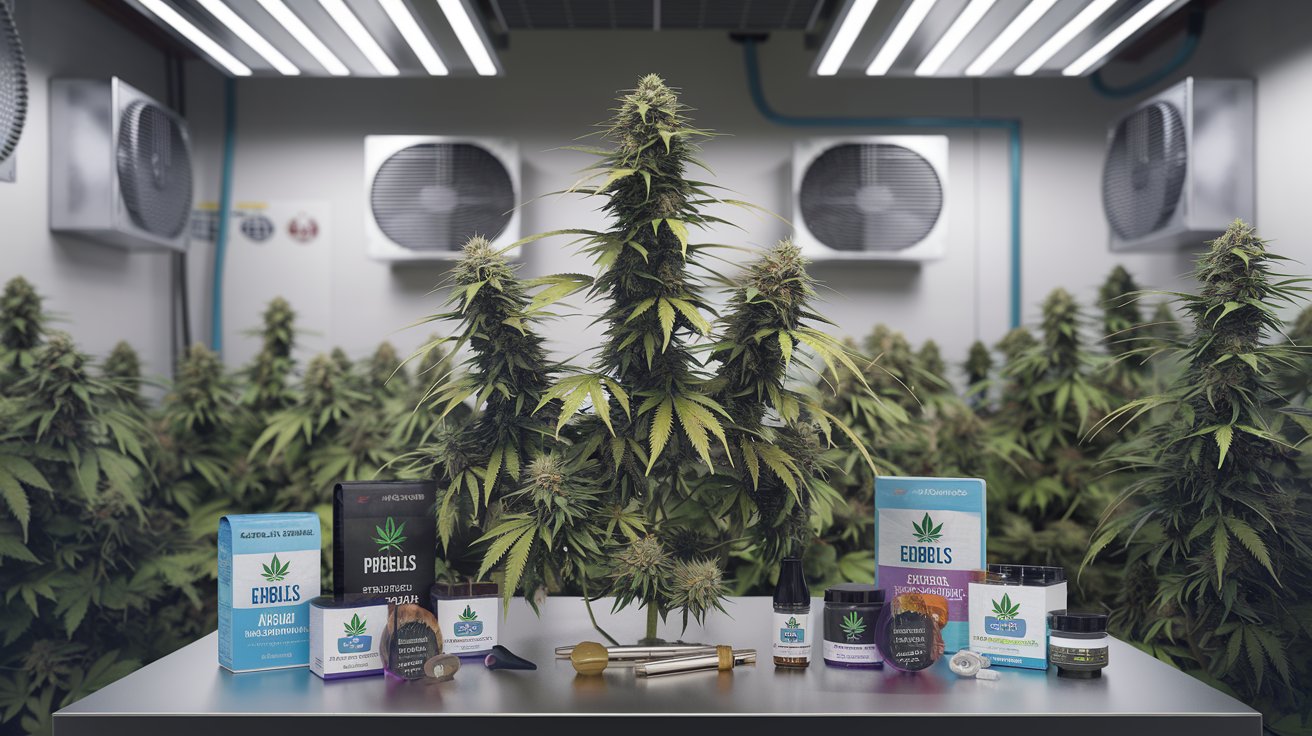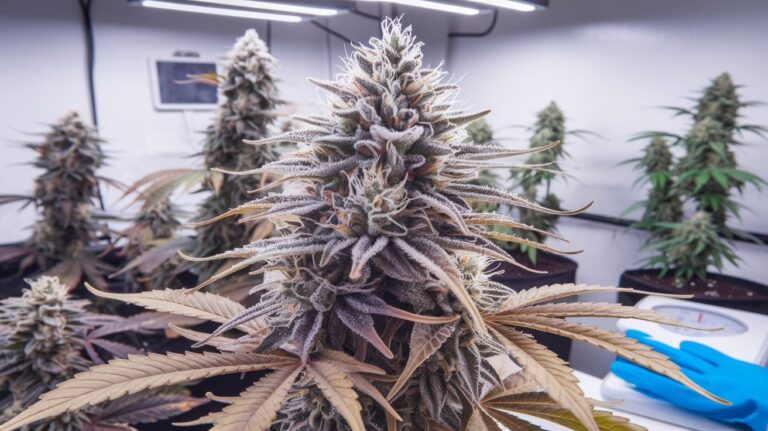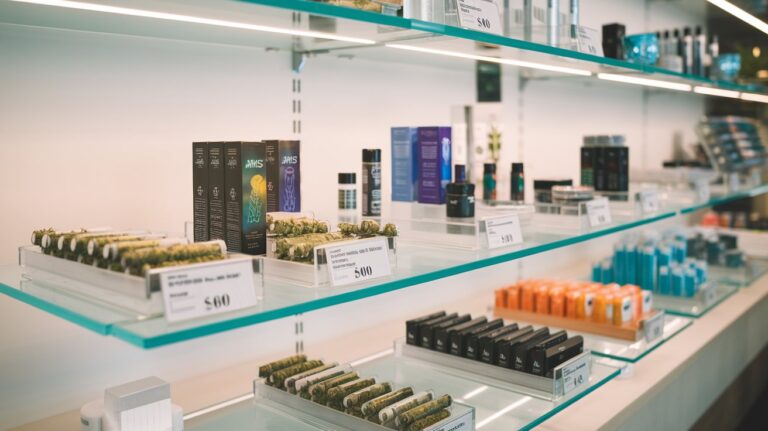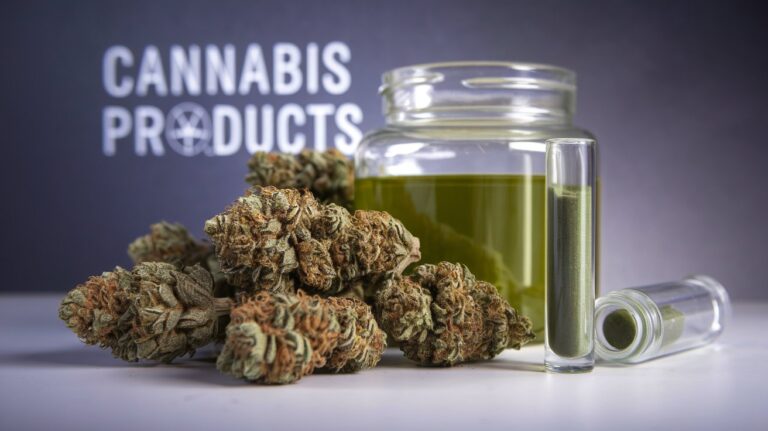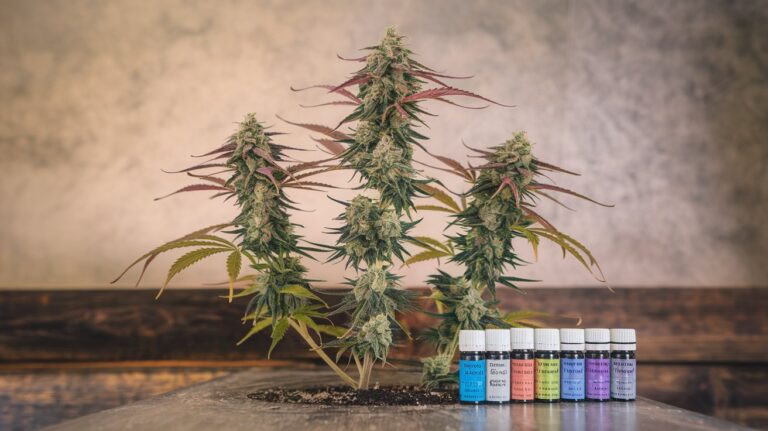Licensed Dispensary vs Dealer: Your Complete 2025 Guide
The choice between a licensed dispensary and a street dealer has become more critical than ever in 2025. With 38 states now having legalized cannabis in some form, consumers face a clear decision: purchase from regulated, licensed dispensaries that offer safety, quality assurance, and legal protection, or risk the uncertainties of illegal dealers. This comprehensive guide examines every aspect of this decision to help you make the smartest choice.
Key Differences Between Licensed Dispensaries and Dealers
Understanding the fundamental differences between licensed dispensaries and illegal dealers requires examining multiple factors that directly impact your safety, wallet, and legal standing. Licensed dispensaries operate under strict state regulations, requiring comprehensive licensing processes that include background checks, financial audits, and ongoing compliance monitoring. In California alone, the Department of Cannabis Control (DCC) oversees thousands of licensed businesses through their DCC license system.
Street dealers, by contrast, operate entirely outside legal frameworks, offering no consumer protections, quality guarantees, or recourse for problems. The dispensary vs dealer decision ultimately comes down to choosing between regulated commerce and unregulated risk. Licensed dispensaries must maintain detailed records, submit products for testing, and follow strict packaging and labeling requirements that dealers completely ignore.
Legal Protection and Compliance Standards
When you purchase from a licensed dispensary, you’re protected by state consumer laws and regulations that simply don’t exist in illegal transactions. Licensed dispensaries must maintain comprehensive insurance policies, follow advertising restrictions, and operate within zoning laws. The DCC license search tool allows consumers to verify any dispensary’s legitimacy instantly, providing transparency that dealers can never offer.
Product Testing and Quality Assurance
Every product sold at a licensed dispensary must pass rigorous laboratory testing for pesticides, heavy metals, residual solvents, and potency levels. This mandatory testing process costs dispensaries significant money but ensures consumer safety. Street dealers have zero testing requirements, meaning you’re literally gambling with your health every time you make a purchase from an unlicensed source.
Safety Advantages of Licensed Dispensaries
The safety benefits of choosing a licensed dispensary extend far beyond product quality testing. Licensed facilities must implement comprehensive security systems, including surveillance cameras, alarm systems, and secure storage protocols that protect both products and customers. Many dispensaries employ licensed security personnel and maintain strict access controls that create a safe shopping environment.
Personal safety risks associated with dealer transactions include meeting strangers in unknown locations, carrying cash to potentially dangerous areas, and lacking any legal recourse if transactions go wrong. Licensed dispensaries provide secure, professional environments where customers can browse products comfortably, ask questions, and make informed decisions without personal safety concerns.
Product Contamination Prevention
State-required testing at licensed dispensaries screens for dangerous contaminants including E. coli, salmonella, aspergillus, and other harmful microorganisms that can cause serious illness. Products must also be tested for pesticide residues and heavy metals like lead, mercury, and cadmium. This comprehensive testing creates a safety net that protects consumers from contaminated products that dealers routinely sell without any knowledge of their safety.
Secure Transaction Environment
Licensed dispensaries provide secure, professional environments with trained staff, proper lighting, and established business hours. Unlike dealer transactions that often occur in parking lots, alleyways, or private residences, dispensaries offer legitimate retail experiences with customer service standards and complaint resolution processes.
Quality Consistency and Product Information
One of the most significant advantages of licensed dispensaries is consistent product quality and detailed information availability. Every product must display accurate potency levels, ingredient lists, and lab testing results. This transparency allows consumers to make informed decisions based on their tolerance levels and desired effects, something impossible with dealer purchases.
Licensed dispensaries maintain detailed inventory tracking systems that monitor products from seed to sale, ensuring consistent quality and enabling recalls if safety issues arise. Dealer products come with no information, no guarantees, and no way to track their origins or verify their contents.
Accurate Potency Labeling
State regulations require licensed dispensaries to provide accurate THC and CBD potency information on all products. Independent laboratory testing verifies these potency claims, ensuring consumers know exactly what they’re purchasing. Street dealers often make exaggerated or completely false claims about product strength with no verification possible.
Product Variety and Specialized Options
Licensed dispensaries offer extensive product selections including flowers, edibles, concentrates, topicals, and tinctures specifically formulated for different needs and preferences. Many dispensaries stock medical-grade products for specific conditions, low-dose options for beginners, and high-CBD products for therapeutic use. This variety and specialization is rarely available through dealer networks.
Legal Risks of Purchasing from Dealers
Purchasing cannabis from unlicensed dealers remains illegal in all states, regardless of local legalization status. This creates ongoing legal risks including criminal charges, fines, and potential imprisonment that simply don’t exist when purchasing from licensed dispensaries. Even in fully legal states, buying from unlicensed sources violates state laws and can result in serious legal consequences.
The legal protection offered by licensed dispensaries includes proper receipts, legitimate business transactions, and compliance with all state and local regulations. These legal safeguards protect consumers from prosecution and provide clear documentation of legal purchases if questions ever arise.
Economic Impact and Tax Benefits
Purchasing from licensed dispensaries contributes to legitimate economic activity that supports local communities through tax revenue, job creation, and regulated business development. California’s legal cannabis industry generated over $5.2 billion in sales during 2023, creating thousands of jobs and millions in tax revenue for public services and programs.
While dealer purchases might seem cheaper upfront, they contribute to illegal economic activity that undermines legitimate businesses and provides no community benefits. Additionally, the hidden costs of dealer transactions including travel time, safety risks, and potential legal consequences often exceed any perceived savings.
Understanding Dispensary Licensing Requirements
The process for obtaining cannabis business licenses varies by state but generally requires extensive background checks, financial documentation, security plans, and ongoing compliance monitoring. In California, different license types serve specific functions: Type 9 license California cost covers non-storefront retail operations, while Type 11 distribution license cost covers transportation and distribution activities.
These strict licensing requirements ensure that only qualified, legitimate businesses can operate in the legal cannabis market. The DCC license fees range from thousands to hundreds of thousands of dollars depending on license type and business size, representing significant investments that illegal dealers never make.
License Verification Process
Consumers can easily verify any dispensary’s legitimacy using the DCC license search database, which provides real-time information about license status, business location, and compliance history. This transparency tool allows customers to confirm they’re purchasing from legitimate businesses before making any transactions.
Employee Training and Certification
Many states require budtender license California certification or similar training programs for dispensary employees. These programs cover product knowledge, safety protocols, legal compliance, and customer service standards. Licensed dispensary staff receive professional training that dealer networks never provide, ensuring knowledgeable assistance and proper product recommendations.
Customer Service and Support Systems
Licensed dispensaries provide professional customer service including product education, dosage guidance, and return policies that create positive shopping experiences. Many dispensaries offer loyalty programs, educational workshops, and personalized consultations that help customers find products matching their specific needs and preferences.
The customer support available at licensed dispensaries includes complaint resolution procedures, product return policies, and ongoing relationship building that creates long-term customer satisfaction. Dealer transactions offer no customer service, no recourse for problems, and no ongoing support or relationship development.
Related video about licensed dispensary vs dealer
This video complements the article information with a practical visual demonstration.
What you should know
What is a licensed dispensary?
A licensed dispensary is a legally authorized retail business that sells cannabis products under state regulation. These businesses must obtain proper licensing, pass background checks, maintain security systems, and comply with all state and local laws. Licensed dispensaries operate transparently with proper business licenses, tax obligations, and regulatory oversight.
How to know if a dispensary is legit?
You can verify dispensary legitimacy by checking the DCC license search database, confirming proper business licensing, and ensuring they follow state regulations like ID checking and product testing. Legitimate dispensaries display their licenses prominently, maintain professional facilities, and provide proper receipts for all transactions.
Why do they scan a license at a dispensary?
Dispensaries scan licenses to verify customer age and identity as required by state law. This scanning process ensures compliance with regulations, prevents underage sales, and creates transaction records required for regulatory reporting. The scanning also helps detect fake IDs and maintains security protocols.
What are the main risks of buying from dealers?
Buying from dealers involves legal risks including criminal charges, safety risks from contaminated products, personal safety dangers from unregulated transactions, and financial risks from no consumer protections. Dealer products lack testing, quality assurance, and any recourse if problems occur.
How much do dispensary licenses cost in California?
California dispensary license costs vary significantly by type and location. DCC license fees range from $4,000 for small cultivation licenses to over $120,000 for large manufacturing operations. Type 9 and Type 11 license costs include application fees, annual fees, and additional local licensing requirements that can total hundreds of thousands of dollars.
Are dispensary prices higher than dealer prices?
While dispensary prices include taxes and regulatory costs, they often provide better value through guaranteed quality, safety testing, accurate potency, and legal protection. The total cost of dealer purchases including safety risks, legal risks, and unreliable quality often exceeds dispensary prices when calculated properly.
| Comparison Factor | Licensed Dispensary | Illegal Dealer |
|---|---|---|
| Legal Status | Fully legal with proper licensing | Illegal in all jurisdictions |
| Product Testing | Mandatory lab testing for safety | No testing or quality control |
| Consumer Protection | Return policies and regulations | No protections or recourse |
| Safety Environment | Secure professional facilities | Uncontrolled meeting locations |
| Product Information | Complete labeling and testing data | No reliable product information |
